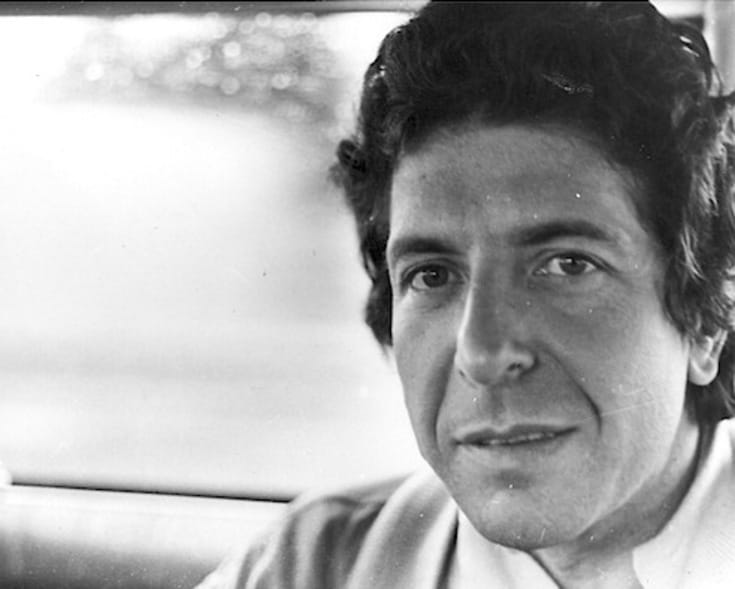On November 7, 2016, the singer-songwriter, poet-author, and Zen Buddhist practitioner (and for a while, monk) Leonard Cohen — whose song “Hallelujah” has become a modern spiritual anthem — died at age 82.
Cohen was a favorite subject of frequent Lion’s Roar contributor Pico Iyer, who wrote two profile-appreciations of Cohen, one in 1998, and the other in 2013, “Leonard Cohen burns, and we burn with him.” In the latter, Iyer explained Cohen’s songwriting discipline and the role of Zen in Cohen’s life and work:
He labors over songs for more than a decade and will keep making changes and adding twenty-second thoughts till the very last minute. More than eighty notebooks went into “Hallelujah.” What he’s brought to the expression of the Zen tradition is an undistracted and sophisticated psychological acuity. Insofar as Zen can try to break down our attachments to theories and notions of the self, through hard labor and relent- less discipline, Cohen has been as unwavering a student as any, finding in the monastery a perfect way to be alone in company and to unearth a silence that’s “communicative.” Yet he habitually refers to Zen as a “hospital for the broken-hearted,” and the words he uses again and again in his songs are “panic” and “bewilderment.”
Cohen was a giant, producing music and writing that was at turns (and, simultaneously) forceful, gentle, dead serious, playful, and infused with curiosity about what’s known in Zen as “the great matter of life and death.”
Watch Pico Iyer’s speech about Leonard Cohen, meditation, and happiness

